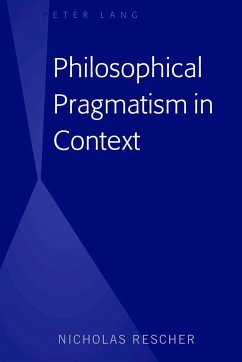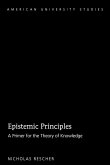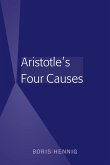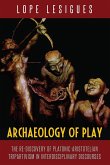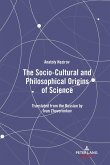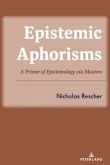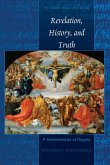Philosophical Pragmatism in Context looks at human affairs and the condition of man from a purposive point of view. From this point of view it is a centrally significant feature of man that we humans are creatures possessing preferences, desires, wants, and-above all-needs. The possession of people's wants and needs is clearly a factual issue. What my needs are-what I require in order to have a healthy, happy, and rewarding life-is part and parcel of the conditions that define me as the sort of being that I am. Both what people happen to desire and what it is that they require of a healthy, happy, communally productive life-one that engenders satisfaction to themselves and enlists the appropriation (and even admiration) of their fellows-is clearly something factual, something that can be determined by observation. Furthermore, it is something objective-people do not choose what it is that they need; rather, this is something that is determined for them by their mode of emplacement in the world's scheme of things.
For pragmatism, these requisites pervade the whole domain of human activity, and the issue of whether our modus operandi achieves these goals is pivotal. The pragmatic approach to validation is thus diversified in its efficacy, and it is the aim of this book to expound and illustrate its merits. Both teachers and students of philosophy will find material of interest in the author's normative and original point of view.
For pragmatism, these requisites pervade the whole domain of human activity, and the issue of whether our modus operandi achieves these goals is pivotal. The pragmatic approach to validation is thus diversified in its efficacy, and it is the aim of this book to expound and illustrate its merits. Both teachers and students of philosophy will find material of interest in the author's normative and original point of view.

